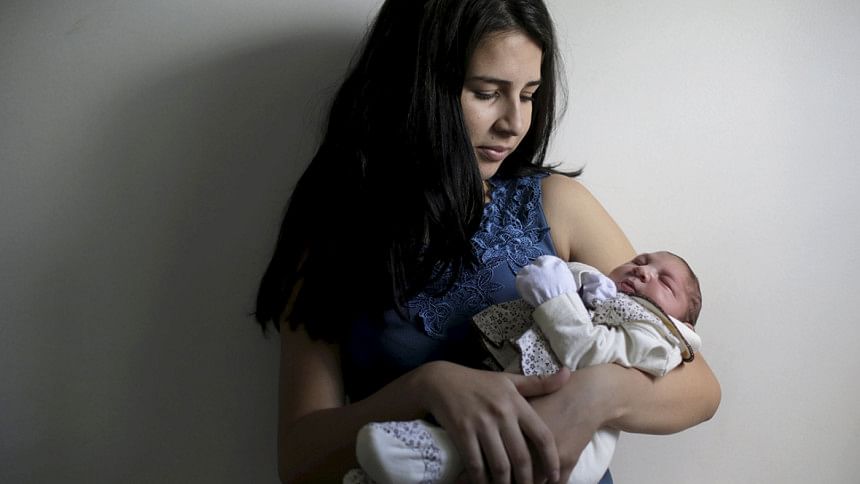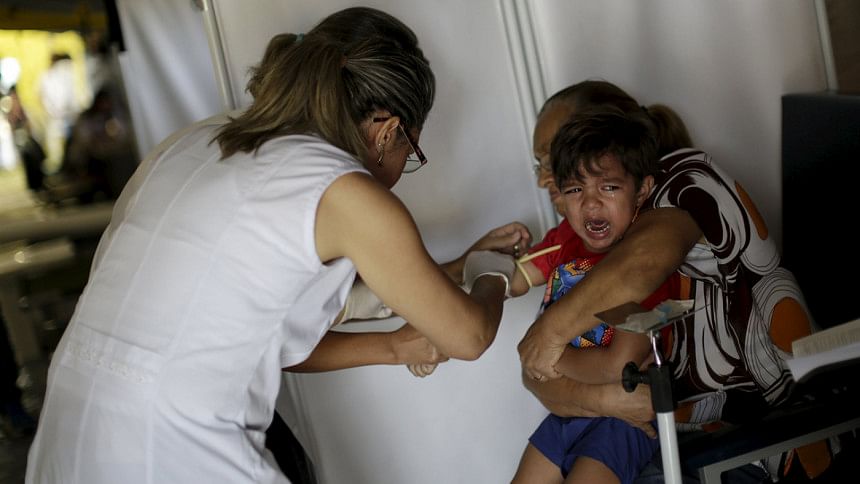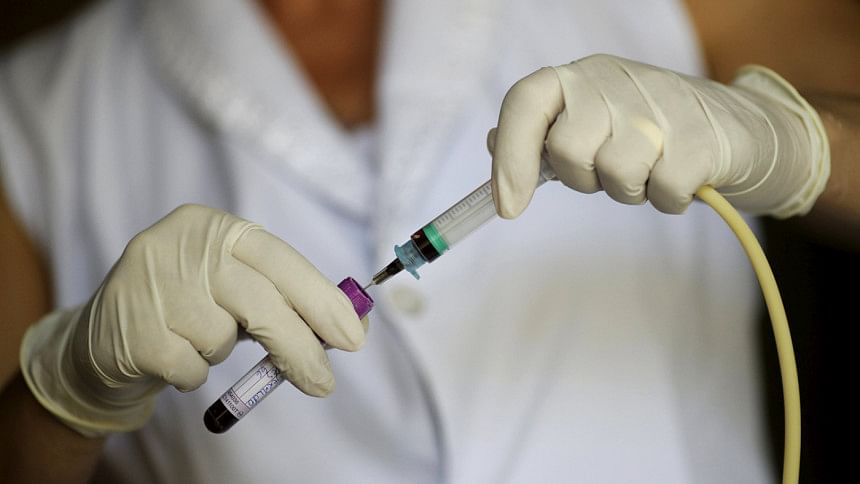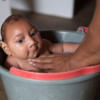CDC, Brazil start big study to test Zika link to birth defects

US and Brazilian researchers are heading to João Pessoa in the state of Paraíba on Monday to recruit mothers and babies in one of the biggest government-led studies to understand whether the Zika virus is linked to microcephaly, a rare birth defect.
Brazil has confirmed more than 500 cases of microcephaly, defined by an unusually small head, since the start of the outbreak. Over 3,900 additional suspected cases are being investigated.
Brazil normally only sees about 150 cases a year. The spike in microcephaly prompted the World Health Organization on Feb. 1 to declare Zika an international health emergency.
The study has been in the planning stages for several weeks. It will pair researchers at the US Centers for Disease Control and Prevention with Brazilian experts to examine babies already born with microcephaly and their mothers to determine whether Zika or some other infection caused their malady.
"What we're trying to do is to better define the association between children that have been diagnosed with microcephaly and whether or not they might have evidence of congenital Zika virus infection," said Dr Erin Staples, a CDC medical epidemiologist leading the study in Paraíba.

Blood samples from moms and babies in both groups will be tested for signs of Zika infection.
Current diagnostic tests looking for Zika antibodies are limited because they closely resemble dengue, a related virus common in Brazil. The team hopes that taking samples from both mothers and their babies will give a more precise picture of whether Zika was involved. They will also look for other exposures that might explain why a baby developed microcephaly.
The study's design should help determine the relative risk of microcephaly in babies whose mothers were infected with Zika.
Staples said the work could provide stronger confirmation of a link, but that it would take years of scientific investigation to prove whether Zika actually causes microcephaly.
In the meantime, evidence of a connection is mounting. Researchers have found the virus in fetal brain tissue, amniotic fluid and placenta. An autopsy of an aborted fetus showed the full genetic code of the virus in the brain and evidence that the virus was replicating.

CDC experts will join staff from the Brazil's Health Ministry. The team will also try to determine the most common characteristics of microcephaly that might be specifically associated with Zika, and check whether other abnormalities might result from exposure to the virus.
Staples estimates it will take four to five weeks to get the study fully enrolled, but it may take longer.
"We need to make sure we have the right number of cases and controls to be able to say with a good degree of certainty what is going on," she said.

 For all latest news, follow The Daily Star's Google News channel.
For all latest news, follow The Daily Star's Google News channel. 





Comments